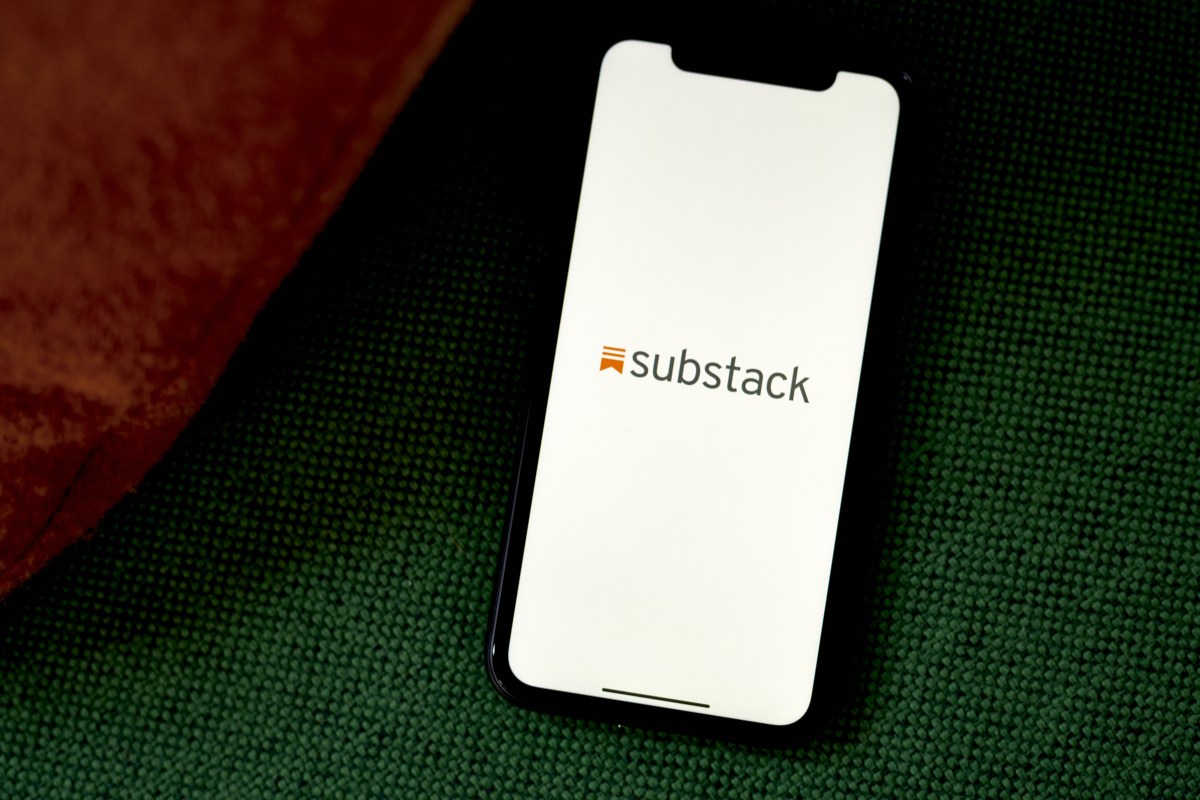Substack is opening up to more users with its recent announcement that anyone can now publish content on its platform without setting up a publication. With the change, Substack is likely looking to attract more types of writers and content creators, not just people who are interested in creating regularly distributed long-form written pieces. While […]
© 2024 TechCrunch. All rights reserved. For personal use only.
Substack is opening up to more users with its recent announcement that anyone can now publish content on its platform without setting up a publication. With the change, Substack is likely looking to attract more types of writers and content creators, not just people who are interested in creating regularly distributed long-form written pieces.
While Substack is mostly known for being a newsletter platform, the company has recently taken strides to turn the service into more of a social network with the launch of social features, such as tweet-like Notes and DMs. This latest change takes those ambitions even further, as you no longer have to be associated with a newsletter to publish on the platform.
Now, anyone with a Substack account can share their writing, video or audio content on the platform. Users can collect free or paid subscriptions right from their Substack profile. If users do decide to create a newsletter on Substack, they can do so while keeping their posts and subscribers.
Substack also shared that it’s continuing to work to make its platform more mobile-friendly. A few weeks ago, Substack rolled out the ability for writers to draft and publish new posts directly from their phone via its iOS app, with Android support coming soon. The company also announced that it has started testing live video and in-app payments.
The company’s efforts to become more of a social network as opposed to solely a newsletter platform can be traced back to when Twitter (now X) sold to Elon Musk. When Twitter started changing, arguably for the worse, many users began looking for alternative platforms. Substack, along with platforms like Bluesky and Threads, aimed to capitalize on Twitter’s upheaval.

Leave a Reply